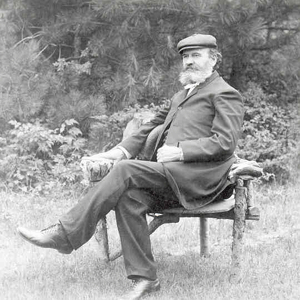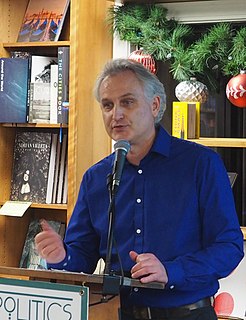A Quote by Trey Gowdy
For 16 years I spoke in trial metaphors, and perhaps I need to get out of that habit.
Related Quotes
There are two ways of getting out of a trial. One is simply to try to get rid of the trial, and be thankful when it is over. The other is to recognize the trial as a challenge from God to claim a larger blessing than we have ever had, and to hail it with delight as an opportunity of obtaining a larger measure of divine grace.
Now I am practicing as well as a criminal defense lawyer in handling appeals. The court of appeals appointed me to handle cases and although that's not trial work and I don't have to go to court, it kind of satisfies the need I have to practice still and I have transitioned into readiness not to be in trial anymore. It took a little while for me to get used to not doing it and I did miss it for a few years, but eventually I transferred into another life.
































